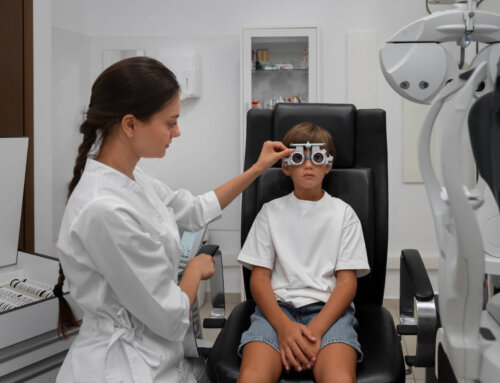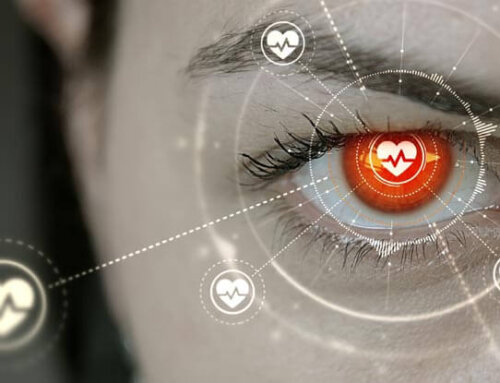Summary
Diabetic retinopathy, a major global health challenge linked to the rise of diabetes, significantly impairs vision and potentially leads to blindness due to retinal damage from high blood sugar levels.
AI-Enabled Screening and Solutions for Better Eye Health
Introduction to AI in Healthcare
Artificial Intelligence (AI) is rapidly growing as a transformative force in healthcare, offering unprecedented opportunities to enhance diagnostic accuracy, streamline clinical workflows, and improve patient outcomes. In particular, AI is playing a pivotal role in revolutionising how we detect, monitor, and manage various ocular conditions.
By leveraging the power of machine learning and advanced algorithms, AI-enabled screening is setting new standards in eye health, offering a new level of precision and accessibility.
The Importance of Early Detection in Eye Health
Early detection of eye diseases is crucial in preventing severe vision impairment and blindness. Conditions such as diabetic retinopathy, age-related macular degeneration, and glaucoma can lead to irreversible vision loss if not detected and treated in their early stages. Traditionally, the detection of these conditions has relied heavily on manual examination and interpretation by ophthalmologists, which can be time-consuming and subject to human error.
AI-enabled screening changes this paradigm by providing automated, highly accurate analysis of retinal images. This technology can detect even the slightest abnormalities in the retina, allowing for earlier intervention and treatment. By catching these conditions early, AI not only helps preserve vision but also improves patients’ quality of life and reduces the overall burden on healthcare systems.
How Optain Health’s AI-Enabled Technology is Setting New Standards
Optain Health is at the forefront of this revolution, offering cutting-edge AI-enabled technology that is setting new standards in eye health screening. Our Eyetelligence Assure and Assure+ systems represent a significant leap forward in the detection and management of ocular conditions. This advanced AI-driven platform is designed to analyse retinal images with unparalleled accuracy, identifying early signs of disease that might be missed by traditional methods.
Eyetelligence Assure is not just a tool for specialists; it’s a solution that can be integrated into a variety of healthcare settings, including general practice. This broad applicability ensures that more patients have access to early detection and timely treatment, regardless of their location or access to specialised eye care.
Real-World Applications of AI in Eye Health
The real-world applications of AI in eye health are both vast and impactful. One of the most significant areas is in the management of diabetic retinopathy, a leading cause of blindness among working-age adults. AI-powered screening tools can analyse retinal images for signs of diabetic retinopathy with a high degree of accuracy, enabling earlier diagnosis and treatment. This is particularly important in primary care settings, where patients may not have immediate access to an ophthalmologist.
Another critical application is in the early detection of glaucoma, a condition often referred to as the “silent thief of sight” because it typically presents no symptoms until significant vision loss has occurred. AI algorithms can detect subtle changes in the optic nerve head and retinal nerve fibre layer, which are early indicators of glaucoma. By identifying these changes early, AI helps prevent the progression of the disease and preserves vision.
Age-related macular degeneration (AMD) is another area where AI is making a significant impact. AI-enabled tools can detect the early signs of AMD, such as drusen deposits or retinal pigment abnormalities, allowing for prompt intervention and management. This is particularly beneficial for older adults, who are at higher risk of developing AMD and may not seek regular eye care.
Bridging the Gap in Eye Care Accessibility
One of the most exciting benefits of AI in eye health is its potential to bridge the gap in care accessibility, particularly in underserved communities. In many parts of the world, access to specialised eye care is limited, leading to delayed diagnosis and treatment of preventable conditions. AI-enabled screening tools can be deployed in primary care settings, community health centres, and even via telemedicine platforms, bringing high-quality eye care to those who need it most.
For example, in rural or remote areas where access to ophthalmologists is scarce, AI-powered retinal screening can be performed by general practitioners or trained technicians. The results can then be reviewed by specialists remotely, ensuring that patients receive timely and accurate diagnoses without the need to travel long distances. This not only improves access to care but also reduces the overall cost and burden on healthcare systems.
Future Prospects and Innovations
The future of AI in eye health is incredibly promising, with ongoing research and development focused on expanding its capabilities and applications. As AI technology continues to evolve, we can expect even more sophisticated algorithms that can detect a broader range of ocular conditions with greater accuracy. These advancements will further enhance the ability of AI to identify early signs of diseases, enabling more personalised and effective treatment plans.
The integration of AI with other emerging technologies, such as wearable devices and IoT (Internet of Things), holds the potential to revolutionise how we monitor and manage eye health. Wearable devices equipped with AI algorithms could provide continuous monitoring of eye health, alerting patients and healthcare providers to any changes that may require intervention. This proactive approach to eye care could significantly reduce the incidence of severe vision impairment and blindness.
To learn more about Optain Health’s mission and see how you can benefit from our cutting-edge technology, contact us today.
FAQs
How does AI-enabled screening improve early detection of eye diseases?
AI-enabled screening improves early detection by providing highly accurate, automated analysis of retinal images. This technology can detect even the slightest abnormalities in the retina, enabling earlier diagnosis and treatment of conditions like diabetic retinopathy, glaucoma, and AMD.
What are the benefits of using AI technology for eye health?
The benefits of using AI technology for eye health include enhanced diagnostic accuracy, faster analysis, and the ability to detect diseases at an earlier stage. AI also makes eye health screening more accessible, particularly in underserved areas, and reduces the burden on healthcare systems.
How does Optain Health’s AI technology work?
Optain Health’s AI technology, including the Eyetelligence Assure system, works by analysing retinal images to detect early signs of eye diseases. The AI algorithms are trained on vast datasets, allowing them to identify complex patterns and anomalies that may indicate the presence of conditions such as diabetic retinopathy, glaucoma, and AMD.
Can AI screening tools be used by general practitioners?
Yes, AI screening tools can be used by general practitioners, particularly in primary care settings. These tools are designed to be user-friendly and can provide real-time analysis of retinal images, allowing GPs to detect early signs of eye diseases and refer patients for further evaluation if necessary.
What makes AI better than traditional eye screening methods?
AI offers several advantages over traditional eye screening methods, including greater accuracy, faster analysis, and the ability to detect early-stage diseases that might be missed by manual examination. Further, AI-enabled tools can be more widely deployed, making eye health screening more accessible to a larger population.





